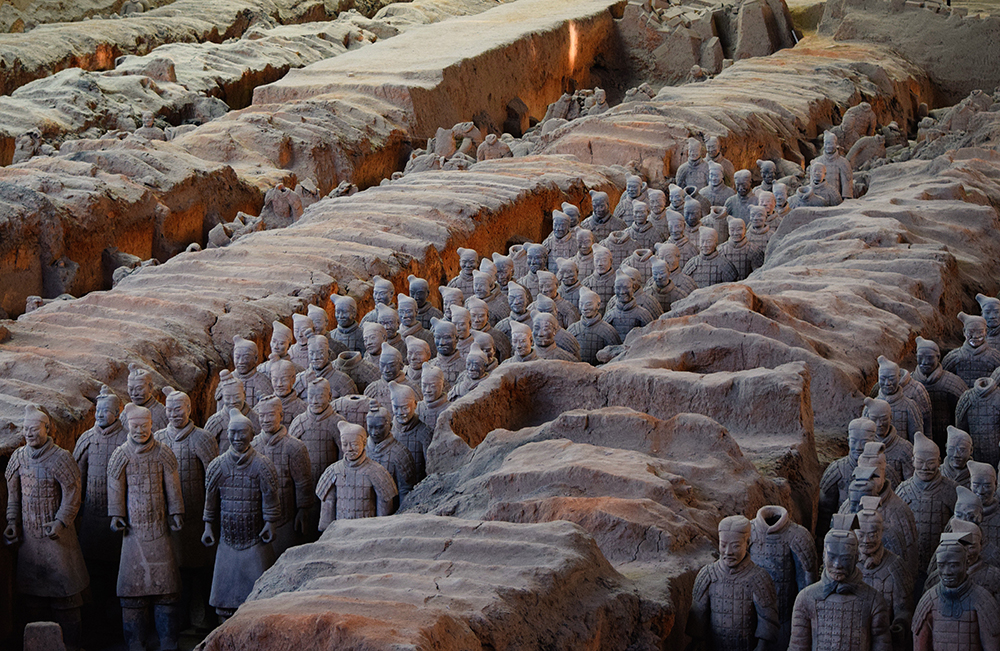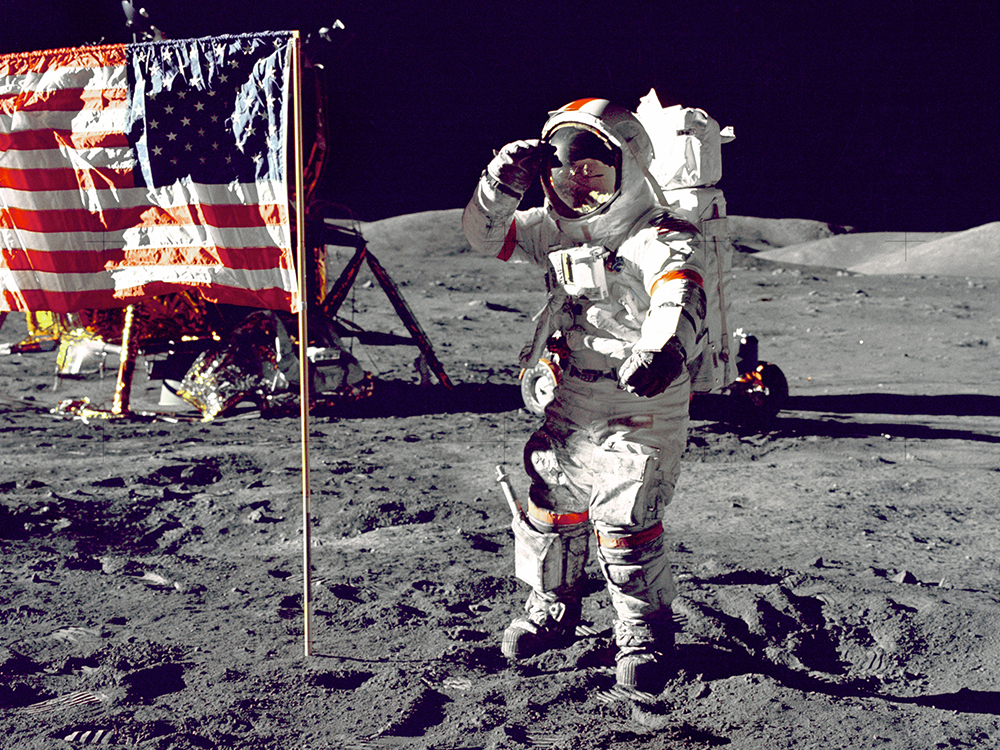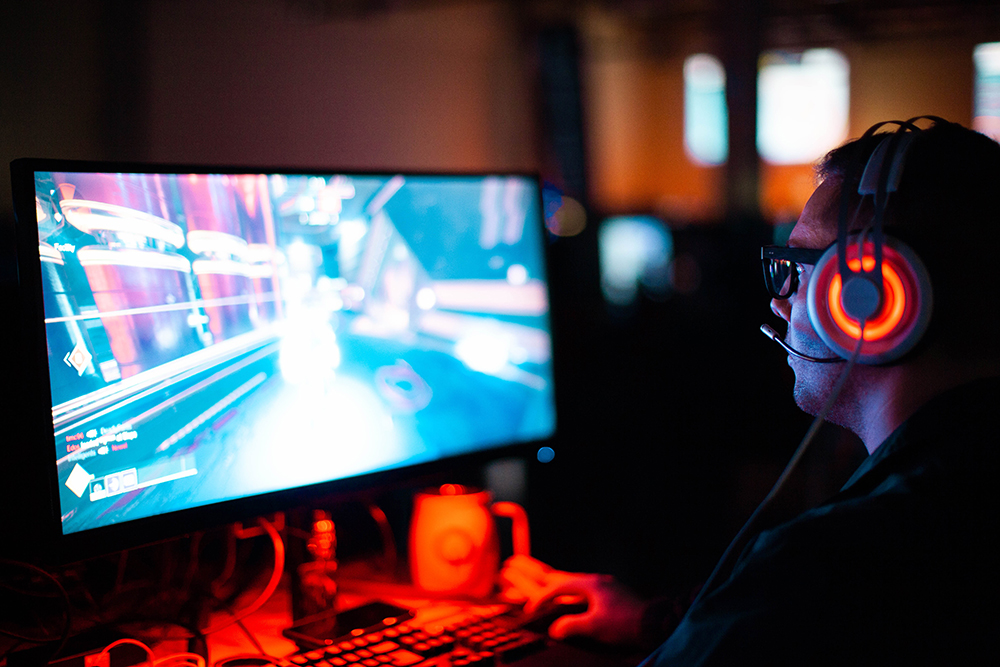Tehran, Iran – The Iranian government said on Tuesday there are strong suspicions that “internal agents” played a role in a massive explosion that occurred at a key nuclear facility earlier this year.
On July 2, a fire ripped through a building at Natanz, a major uranium enrichment site. Satellite images showed it caused the roof to collapse and parts of the building were blackened by the blaze.
“One of the strong theories is based on internal agents being involved in the incident,” government spokesman Ali Rabiei told reporters at a news conference, according to the Iranian Labour News Agency (ILNA).
“The issue is being seriously reviewed by the country’s security organisations and we will announce the results after things are clear.”
It is the first time an Iranian official specifically pointed to the possibility of an inside job for the blast.
In late August, Iran’s Atomic Energy Organization confirmed the damage to the facility was the result of “sabotage”.
“But how this explosion took place and with what materials … will be announced by security officials in due course,” spokesman Behrouz Kamalvandi said at the time, citing “security reasons” for not disclosing further information.
‘Sabotage is certain’
In early September, Kamalvandi announced Natanz saboteurs “have been identified” but refrained from discussing further details, including whether internal agents were complicit.
On Tuesday, Rabiei also reiterated that “sabotage is certain” but the incident still needs to be investigated due to its complexities.
The desert Natanz site, much of which is underground, is one of several Iranian facilities regularly monitored by inspectors from the International Atomic Energy Agency (IAEA), the UN nuclear watchdog.
Following the explosion, international media reports indicated Israel may have been behind the attack. Israel has been deliberately vague, neither confirming nor denying involvement while stressing the danger of a nuclear-armed Iran.
“Everyone can suspect us in everything and all the time, but I don’t think that’s correct,” Israeli Defence Minister Benny Gantz said days after the attack.
Foreign Minister Gabi Ashkenazi also said “Iran cannot be allowed to have nuclear capabilities”, adding to that end, “We take actions that are better left unsaid.”
IAEA-Iran relations
September’s announcement that Iran knows the saboteurs behind the Natanz explosion came one week after IAEA Director General Rafael Mariano Grossi visited the country.
The trip was successful, leading to Iran granting access to two suspected former nuclear sites that the UN watchdog wished to inspect.
“In this present context, based on analysis of available information to the IAEA, the IAEA does not have further questions to Iran and further requests for access to locations other than those declared by Iran,” the IAEA and Iranian officials said in a joint statement following the visit.
In a speech during the 64th session of the General Conference of the IAEA on Monday, the president of Iran’s Atomic Energy Organization Ali Akbar Salehi referred to the Natanz incident.
“These malicious acts need to be condemned by the agency and member states,” he said via video conference, adding “Iran reserves its rights to protect its facilities and take necessary actions against any threat as appropriate.”
Salehi also urged the UN watchdog not to compromise its “impartiality, independence and professionalism”.
Iran, UN and the United States are locked in a major disagreement centred around the landmark 2015 nuclear deal signed between Iran and world powers, which US President Donald Trump unilaterally abandoned in May 2018.
The US on Sunday declared it reinstated all UN sanctions on Iran, an announcement that was roundly rejected by the United Nations Security Council as lacking legal basis.
The US is trying to indefinitely extend an arms embargo on Iran that is set to expire in October as part of the Joint Comprehensive Plan of Action (JCPOA), the formal name of the nuclear deal.
Iran, which has always maintained it never pursued nuclear weapons, accepted the nuclear deal that removed all UN sanctions in exchange for curbs on its nuclear programme.
The US reneged on the deal, unilaterally imposing a harsh campaign of sanctions that have hit almost all the productive sectors of the Iranian economy. US sanctions have also targeted Iranian officials and organisations.
In response, starting exactly one year after US sanctions were imposed and other parties failed to guarantee economic benefits promised Iran under the deal, Iran started gradually scaling back its nuclear commitments.
Home>>Arts>>President Rouhani’s administration hints at new possibility of sabotage at Iran’s key nuclear facilities.

Arts






